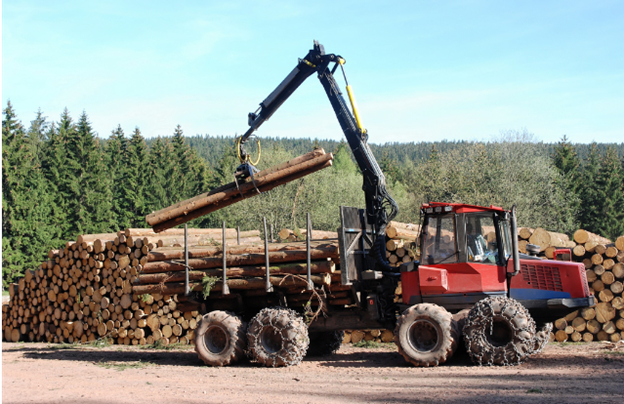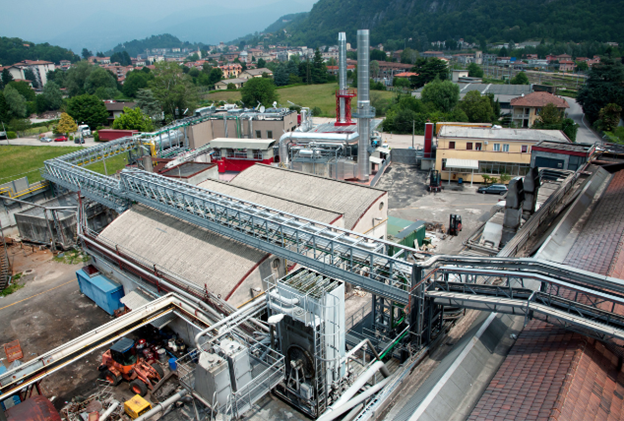Expert Witness – Forestry, Pulp, and Paper
Understanding the Forestry, Pulp, and Paper Industry
The forestry, pulp, and paper industry is a cornerstone of the global economy. It produces a wide range of products, from paper and packaging materials to building supplies and bioenergy. This industry is deeply interconnected with environmental sustainability, relying heavily on natural resources. Sustainable forestry practices ensure the industry thrives without depleting the planet’s forest resources.

Forestry involves managing and conserving forests to meet the demand for wood products, while preserving biodiversity and protecting water resources. The pulp and paper segment of the industry processes wood fibers into paper, cardboard, and other paper products. This process involves a series of chemical and mechanical treatments to convert wood into usable materials. The industry is increasingly focused on reducing its environmental impact through sustainable practices, recycling, and the development of alternative fiber sources.
Core Practices in the Forestry, Pulp, and Paper Industry
The forestry, pulp, and paper industry encompasses various practices, each with environmental and economic implications. Sustainable forestry practices, such as selective logging, reforestation, and the protection of wildlife habitats, are essential for maintaining the health of forest ecosystems while meeting industrial demand. Certification programs like the Forest Stewardship Council (FSC) and the Sustainable Forestry Initiative (SFI) provide guidelines and standards for responsible forest management.
The industry continuously innovates to reduce its environmental footprint in the pulp and paper segment. This includes efforts to decrease water usage, minimize energy consumption, and reduce the use of harmful chemicals in the pulping process. The industry is also investing in new technologies to increase recycling paper products’ efficiency and develop alternative fiber sources, such as agricultural residues and recycled textiles.
Qualifications for an Expert Witness in Forestry, Pulp, and Paper
An expert witness in the forestry, pulp, and paper industry must comprehensively understand the various processes and regulations governing the industry. This typically includes a strong academic background in forestry, environmental science, or chemical engineering, often supported by advanced degrees and certifications in areas like sustainable forestry or pulp and paper technology.
Practical experience managing forest resources, operating pulp and paper mills, or developing sustainable practices is crucial for providing informed and credible testimony. Additionally, an expert witness must be familiar with the legal and regulatory frameworks that govern the industry, including environmental regulations, sustainability certifications, and labor laws.
The ability to clearly and effectively communicate complex technical information is also vital. An expert witness must be able to explain industry practices, environmental impacts, and regulatory requirements in an understandable way to judges, juries, and legal professionals, ensuring that their testimony is credible and understandable.
Frequent Legal Challenges in the Forestry, Pulp, and Paper Industry
Legal disputes in the forestry, pulp, and paper industry often revolve around environmental compliance, land use, and intellectual property. Environmental compliance issues may arise from allegations of illegal logging, deforestation, or the violation of environmental regulations related to emissions, water use, or waste disposal. Disputes can also occur over the certification of sustainable forestry practices or the impact of industrial activities on endangered species or protected habitats.
Land use conflicts are another common legal issue, particularly in regions where forests are critical to the livelihoods of indigenous communities or where land is contested for other uses, such as agriculture or urban development. These disputes may involve challenges to logging permits, land ownership, or the rights of indigenous peoples.
Intellectual property disputes may arise in the pulp and paper segment, where companies invest heavily in developing new pulp processing, paper production, and recycling technologies. Disputes may involve patents, trade secrets, or proprietary processes, with companies seeking to protect their innovations or challenge the intellectual property rights of competitors.
The Importance of the Expert Witness in Forestry, Pulp, and Paper Litigation
In legal disputes involving the forestry, pulp, and paper industry, an expert witness plays a critical role in providing objective, scientifically sound opinions that assist the court in understanding the technical and regulatory aspects of the case. This might involve evaluating forestry practices, assessing compliance with environmental regulations, or analyzing the environmental impact of pulp and paper production.
An expert witness may also be called upon to review and interpret technical data, such as satellite imagery of forest cover, emissions reports from paper mills, or water quality data from areas affected by industrial activities. Their expertise can determine whether a company’s practices align with industry standards and legal requirements.
Furthermore, an expert witness can offer insights into industry best practices, providing an informed perspective on whether a party’s actions were consistent with accepted standards in the forestry, pulp, and paper industry. Their testimony can be pivotal in resolving disputes related to environmental compliance, land use, and intellectual property, helping to ensure that the legal process is informed by accurate and reliable technical information.
About LEC Partners (formerly LEC Partners)
LEC Partners was founded in 1995 and currently has over 180 experts worldwide. These working experts are renowned, hand-selected leaders, with over 97% holding advanced degrees and averaging over 30 years in their respective fields.
Have some questions?
Not sure where to start?
Let's start a conversation. We're here to help you navigate
the bioeconomy with confidence.

